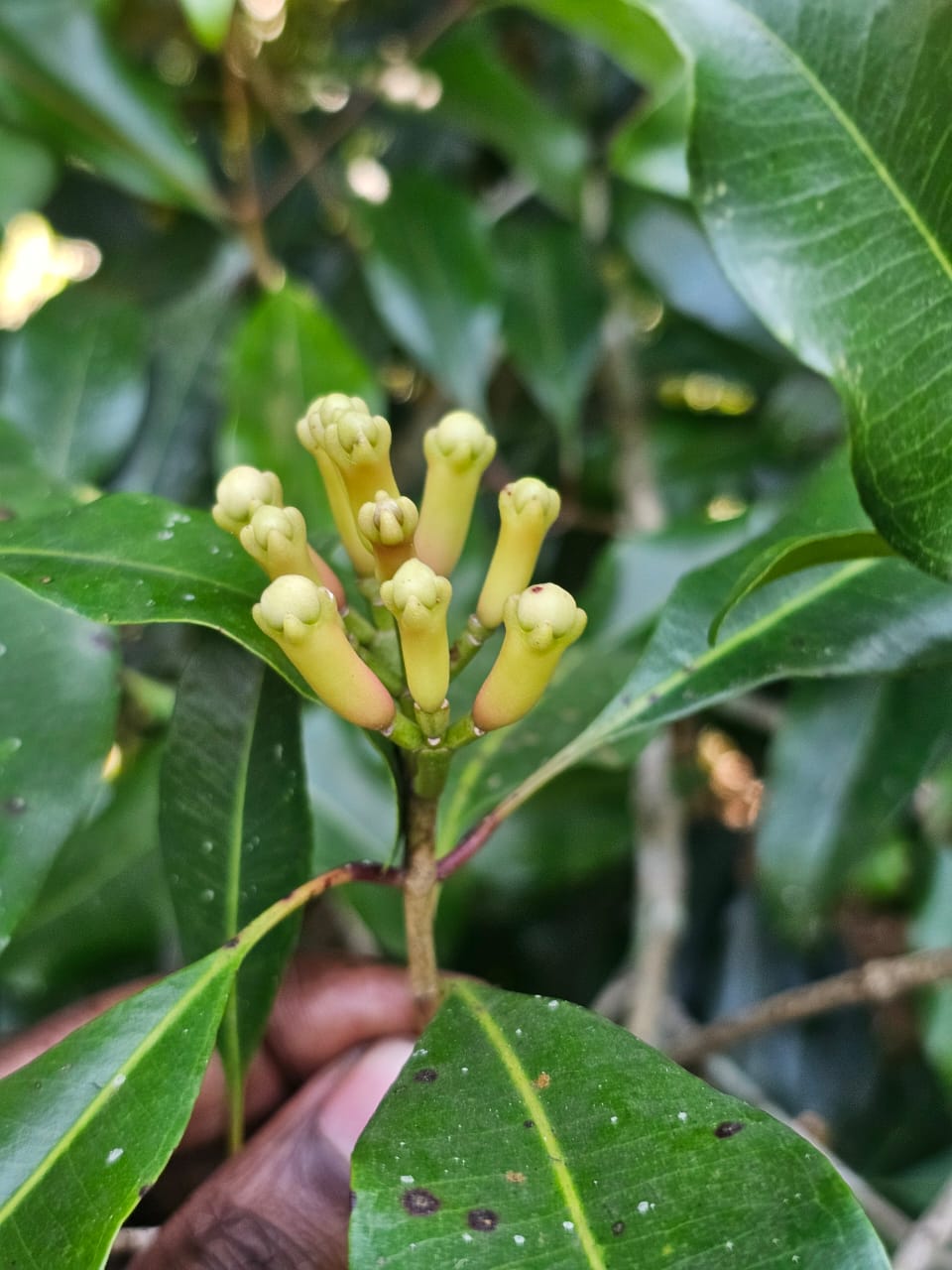Cloves, the aromatic flower buds of the Syzygium aromaticum tree, have been a prized spice for centuries, valued for their culinary, medicinal, and industrial uses. Tanzania, particularly the islands of Zanzibar and Pemba, is one of the world’s leading producers of cloves, making this spice a cornerstone of the country’s agricultural economy. This article explores the importance of cloves, their cultivation, and their contribution to Tanzania’s productivity.
The Significance of Cloves
Cloves are renowned for their rich aroma and flavor, which make them a staple in cuisines worldwide. They are used whole or ground to season meats, curries, and baked goods, and are a key ingredient in spice blends like garam masala. Beyond their culinary uses, cloves have significant medicinal properties. They contain eugenol, a compound with antiseptic, anti-inflammatory, and analgesic properties, making them valuable in traditional medicine and modern pharmaceuticals. Clove oil is also used in dentistry, cosmetics, and perfumery.
Tanzania, particularly the Zanzibar Archipelago, is one of the largest producers of cloves globally, contributing significantly to the global supply. The islands of Zanzibar and Pemba provide an ideal tropical climate for clove cultivation, with fertile soils, ample rainfall, and warm temperatures. Clove trees thrive in these conditions, producing high-quality buds that are harvested by hand.

The clove harvest season in Tanzania typically runs from August to December. Farmers carefully pick the unopened flower buds, which are then sun-dried until they turn a deep brown color. This labor-intensive process ensures the preservation of the spice’s essential oils and aromatic qualities.
Economic Importance of Cloves in Tanzania
Cloves are a vital cash crop for Tanzania, contributing substantially to the country’s export earnings. The spice is one of Tanzania’s top agricultural exports, alongside coffee, cotton, and cashew nuts. Zanzibar alone accounts for a significant portion of global clove production, making it a key player in the international spice market.
The clove industry provides livelihoods for thousands of smallholder farmers and workers in Tanzania. It supports rural economies, particularly in Zanzibar and Pemba, where clove farming is a primary source of income for many families. The revenue generated from clove exports helps fund infrastructure development, education, and healthcare in these regions.
Despite its economic importance, clove production in Tanzania faces several challenges. Climate change, characterized by unpredictable rainfall patterns and rising temperatures, poses a threat to clove yields. Pests and diseases, such as sudden death syndrome and scale insects, also affect the health of clove trees. Additionally, fluctuating global prices can impact farmers’ incomes, making it difficult for them to invest in sustainable farming practices.
To address these challenges, the Tanzanian government and international organizations have implemented initiatives to support clove farmers. These include:
- Research and Development: Investing in research to develop disease-resistant clove varieties and improve farming techniques.
- Training and Education: Providing farmers with training on sustainable agricultural practices and pest management.
- Market Access: Facilitating access to international markets and ensuring fair prices for farmers.
- Climate Resilience: Promoting climate-smart agriculture to mitigate the effects of climate change on clove production.
Cloves remain a symbol of Tanzania’s rich agricultural heritage and economic potential. With continued investment in research, infrastructure, and farmer support, Tanzania can enhance its clove productivity and maintain its position as a global leader in clove production. The spice not only enriches the flavors of dishes worldwide but also plays a crucial role in sustaining the livelihoods of Tanzanian farmers and contributing to the nation’s economic growth.
In conclusion, cloves are more than just a spice; they are a vital economic resource for Tanzania. By addressing the challenges and leveraging opportunities, Tanzania can ensure the sustainable growth of its clove industry, benefiting both its people and the global market.

